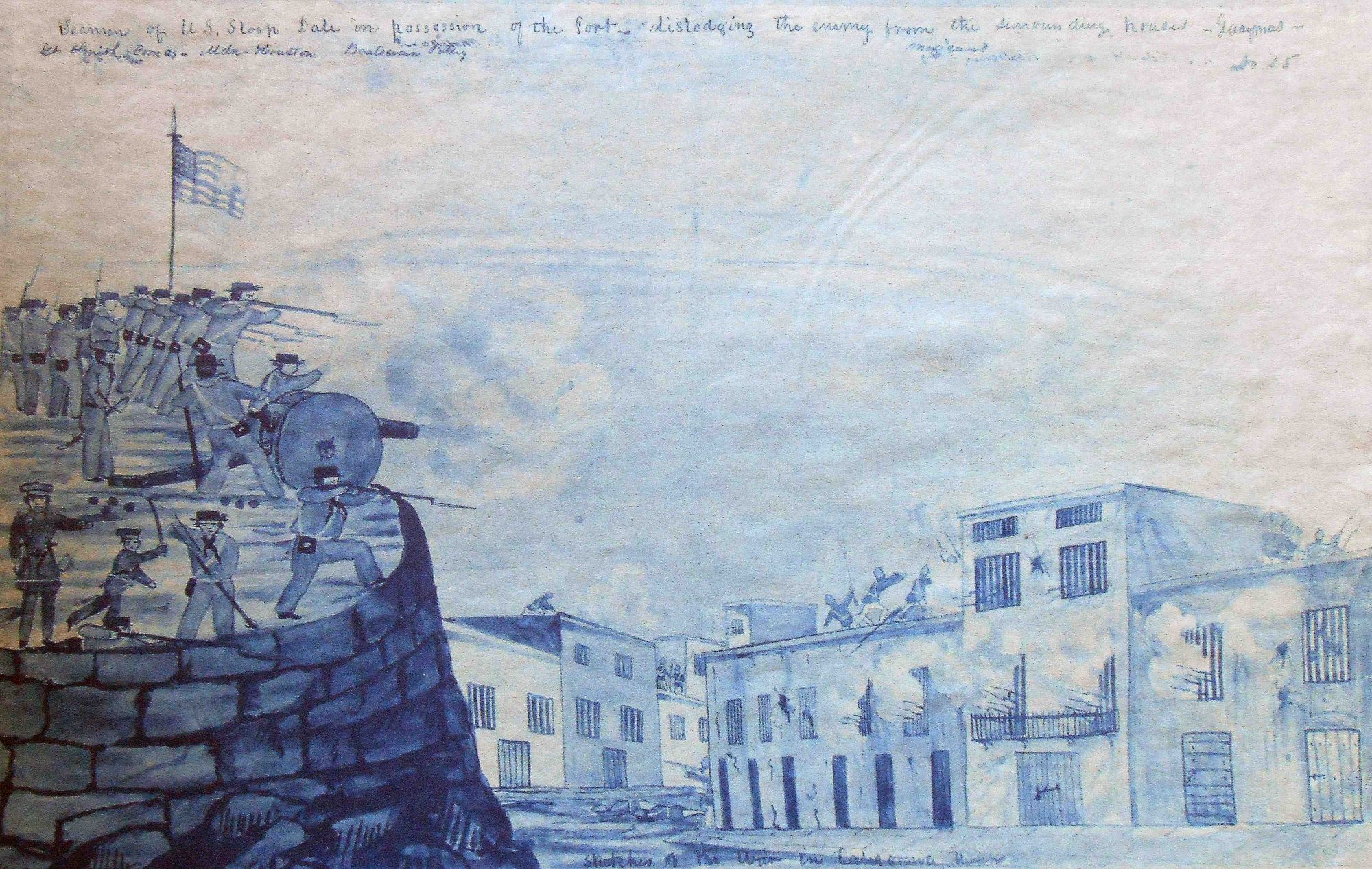Two or three months after the opening session [of Colegio Occidental], in 1910, war broke out in Mexico. Yet through all the three years of its history, we think it may well be said that much good was accomplished in many ways. It was the means not only of helping many girls to begin their education, and many others of being brought to a saving knowledge of the Savior. …
The school is [now] temporarily closed. This was forced on account of chaotic conditions existing in Mexico on account of the continued strife that is rending in twain this fair land. Even as we were closing our session the last of June our little city was thrown into a state of alarm by the Federals being driven back into the city after being terribly defeated out a few miles north of us. People were hurriedly gathering together a few effects and scurrying to near-by mountains and sheltering islands away from the threatened battle zone, as the revolutionists were declaring they would at last take this important seaport for their cause. We missionaries, in common with other Americans, were invited, or practically ordered, aboard an American man-of-war that was hovering near.

This we could not do, as we would not be allowed to take aboard the dozen young Mexican schoolgirls under our care — those from a distance — and we would not desert them. Finally, after three days and nights of terrific firing over our heads by the gunboats of in the harbor, joined by shore batteries, we also took our family of nineteen souls to an island, some four miles away, where we remained in comparative security for two weeks, living in tents and being supplied with fresh water and fuel by Admiral Cowles, of our Pacific squadron. We then returned to our school home in Guaymas, where we remained until October. We were compelled to keep eight or nine girls with us, as there was no way to send them to their homes, being cut off by burned-out railroads. Finally we brought these girls out by permission of the Washington authorities on the American transport Buford, landing at San Diego, California, from which port we arranged for these girls to reach their homes in Northern Sonora, Mexico.
It was a sad leaving for us — having to close the doors of our school — but there seemed nothing else to be done but to suspend the work for one year, or until such time as it may seem best and possible to again begin work.
Excerpted from “Colegio Occidental of Guaymas” by Frank Marrs in the Sixty-Ninth Annual Report of the Foreign Mission Board, Southern Baptist Convention, May 13, 1914.

